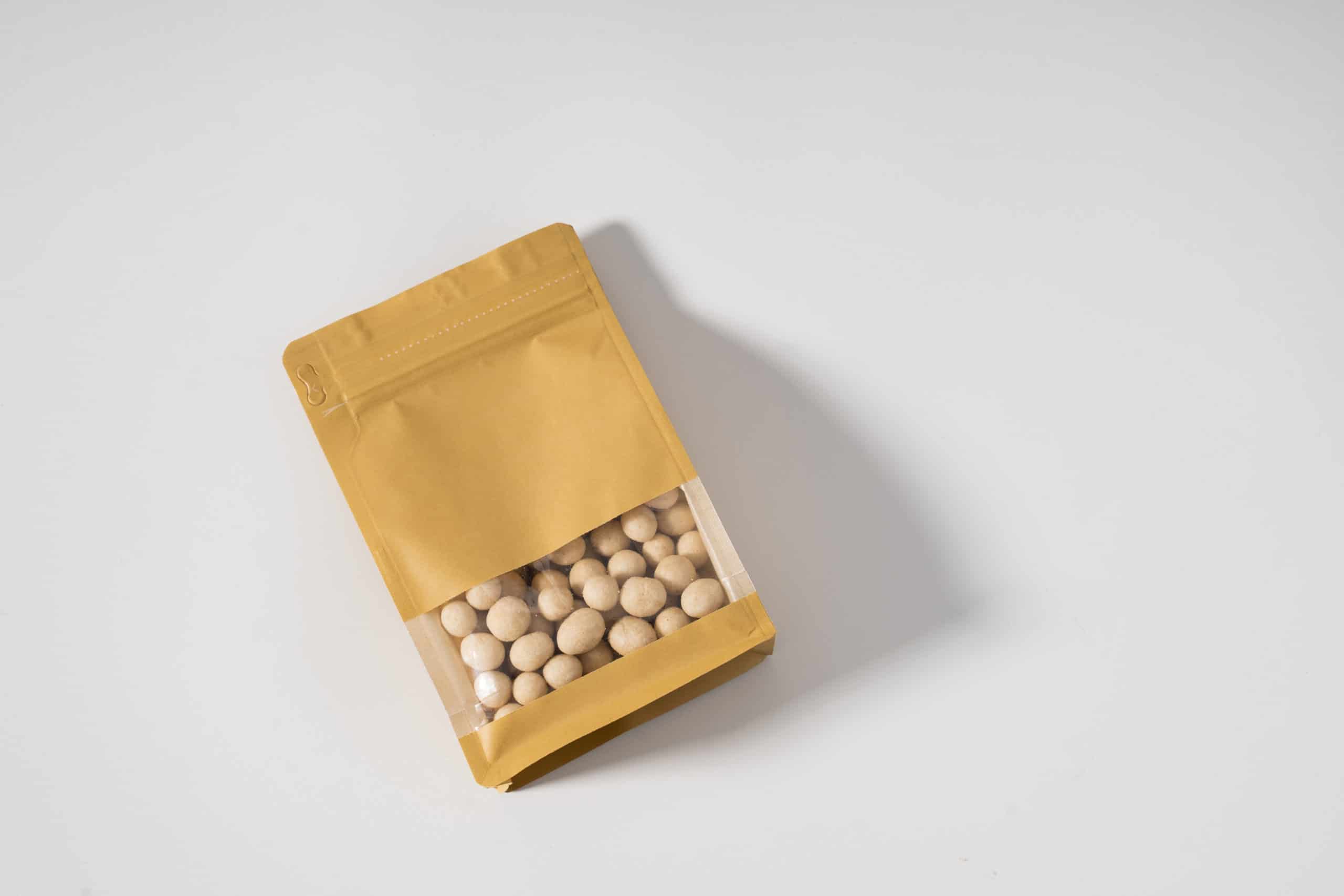Introduction to seal integrity testing
Seal integrity testing plays a crucial role in ensuring the safety and quality of products in various industries. Whether it’s in pharmaceuticals, food, and beverage, or even automotive manufacturing, maintaining the integrity of seals is of utmost importance. In this article, we will explore why seal integrity testing is so crucial, and how Dynascan LeakVIEW can help you to achieve the benefits of conducting such tests.
Why seal integrity testing is crucial in various industries
In industries where products are sealed, such as pharmaceuticals and food and beverage, any compromise in seal integrity can lead to serious consequences. Contamination, spoilage, and even safety hazards can arise if packaging seals fail to perform their intended function. Seal integrity testing provides a means to identify and rectify any potential issues before they result in costly problems. Moreover, regulatory bodies often require proof of seal integrity testing to ensure compliance with safety standards.
Benefits of regular seal integrity testing
Regular seal integrity testing brings numerous benefits to industries that rely on sealed products. Firstly, it helps in maintaining product quality and preventing any contamination that might occur during the manufacturing, storage, or transportation process. By identifying and rectifying any seal integrity issues early on, companies can avoid costly recalls and damage to their brand or reputation. Additionally, seal integrity testing helps ensure compliance with regulatory requirements, giving companies peace of mind and consumers’ confidence in their products. The Dynascan LeakVIEW Lite provides 360-degree leak detection capability, and operates in strict compliance with ASTM D3078, the globally recognized standard test method for determining leaks in flexible packaging by bubble emission.
Understanding leak detection and its role in seal integrity testing
Leak detection is a vital component of seal integrity testing. It involves identifying any leaks or breaches in the seals of products. There are various methods used for leak detection, including visual inspection, pressure decay testing, and dye penetration testing. The Dynascan LeakVIEW Lite is engineered to identify leak holes as tiny as 20 microns, a feature that sets it apart as a crucial tool for maintaining the utmost standards of safety and quality in your products. Its cutting-edge technology allows for the detection of even the smallest leaks that could potentially jeopardize the integrity of the packaging and the safety of the product within. Ultimately, leak detection helps identify even the smallest of leaks, ensuring the integrity and safety of the sealed product.
Factors affecting the quality of package seals
Several factors can impact seal integrity, and it is essential to understand and address them during the testing process. One crucial factor is the design and material of the seal itself. Ensuring the correct seal design and using appropriate materials that withstand the intended environment is vital for long-lasting integrity. Other factors include the sealing process, such as temperature and pressure variations, as well as external factors like vibrations, temperature, altitude and handling during transportation. By considering these factors during seal integrity testing, companies can better identify potential issues and take appropriate measures to ensure product safety.
Best practices for seal package testing
To achieve accurate and reliable results, it is crucial to follow best practices when conducting seal package testing. Firstly, it is essential to establish a standardized testing procedure that includes the specific requirements for each product and industry. This procedure should outline the testing methods, equipment, and acceptance criteria. Our team of experts at Dynascan can advise you on the correct testing methods and recommend the most suitable tester. Using standardized testing methods will ensure you have consistent results at any point and time.
Benefits of using Dynascan’s products
Dynascan’s solutions offer many advantages including enhanced test methods reliability, consistency and reliability of the test results. These benefits translate into higher seal integrity standards and more efficient production processes.
Conclusion: Ensuring product safety through seal integrity testing
Seal integrity testing is a critical aspect of ensuring the safety and quality of products in various industries. By regularly testing seals for integrity and detecting any leaks, companies can prevent contamination, spoilage, and safety hazards. The benefits of seal integrity testing extend beyond product quality, as it also helps companies comply with regulatory requirements and protect their reputation. By following best practices, considering industry-specific applications, and choosing the right equipment, companies can establish a robust seal integrity testing process that safeguards their products and customers. Ultimately, seal integrity testing is an investment in product safety and consumer trust.
To learn more about seal integrity testing and how it can benefit your industry, contact our experts today!




